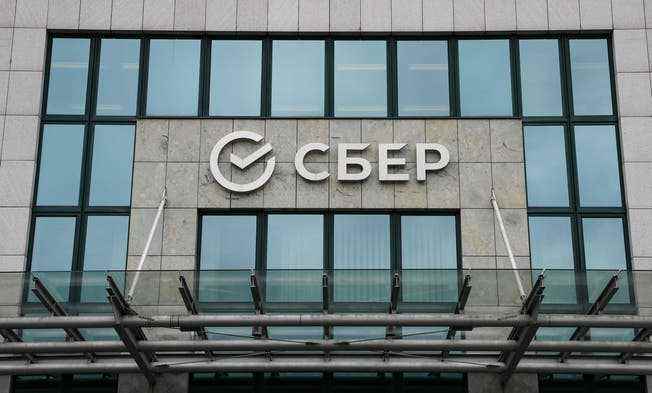Julius Baer pays over 100 million for settlement in Lithuania
Bank Julius Baer pays 105 million for a settlement in Lithuania.
tsf. Bank Julius Baer can draw a line under a more than ten-year-old legal dispute: It agreed with the liquidator of the former Lithuanian bank Snoras to pay a settlement sum of 105 million euros, as the bank announced on Friday.
This case involved an alleged misappropriation of assets by two of Snoras’ executives. The affected bank Snoras was nationalized in 2011 when the fraud case was uncovered and then declared bankrupt. The executor accused Bank Julius Baer of failing to prevent the erosion of the Lithuanian financial house by violating its duty of care. As a result, he wanted to access assets that were partially blocked.
The legal dispute had been pending in a Geneva court of first instance since 2019. The liquidator’s claim totaled 335 million euros, plus 5% interest per annum since December 2011.
As Julius Baer announced, around half of the settlement amount will be covered by existing provisions. The remaining amount will be charged to the result for the first half of 2022. For the bank, the agreement is an important step in the process of cleaning up legacy issues and continuously improving its risk profile.
Finma relaxes protective measures at Sberbank

The Swiss Sberbank subsidiary raises the can
tsf. The Swiss Financial Market Supervisory Authority Finma enables Sberbank Schweiz, the Swiss branch of the largest Russian bank, to meet the claims of non-sanctioned creditors. The more stable financial situation of the bank and the current situation under sanctions law allow this step, Finma announced on Friday. Repayments to sanctioned persons or to the parent company Sberbank Russia are still excluded.
At the beginning of March, Finma took protective measures at Sberbank. They were issued to protect creditors because of the Ukraine war. The bank was subject to an extensive ban on payments and transactions. It was not allowed to make any payments or transactions that were not necessary for the operative business of the bank without the consent of Finma. The measures included a deferral of obligations.
The first easing is possible because the bank has stabilized its financial situation under the supervision of Finma and the applicable international sanctions law allows such payments.
With these payments, the bank can reduce its balance sheet with a view to a possible sale or change of ownership. The equal treatment of creditors is maintained. The bank must ensure that the payments comply with the applicable regulations, in particular national and international sanctions law and supervisory law, including combating money laundering.
The investigator employed by Finma at the bank monitors the payment process. The intensified supervision will be maintained.
Sberbank (Switzerland) is not directly related to Sberbank Europe, which is subject to sanctions. The Russian parent company Sberbank is subject to sanctions. She is also banned from the payment information network Swift.
